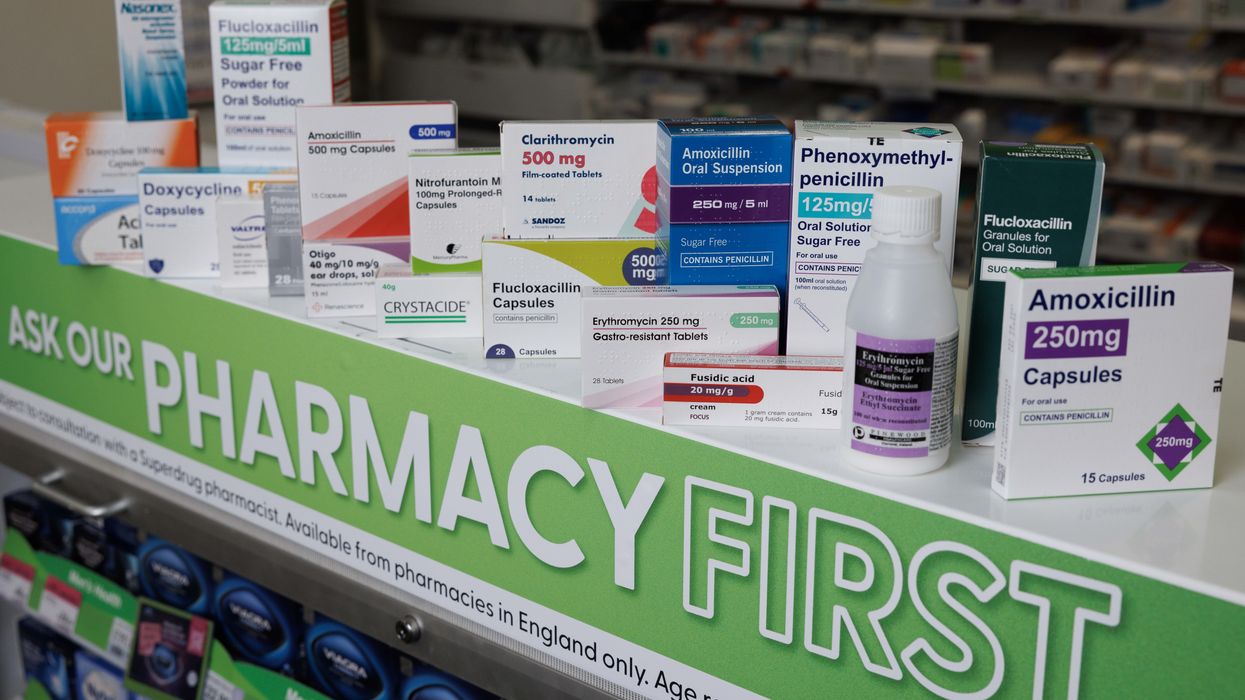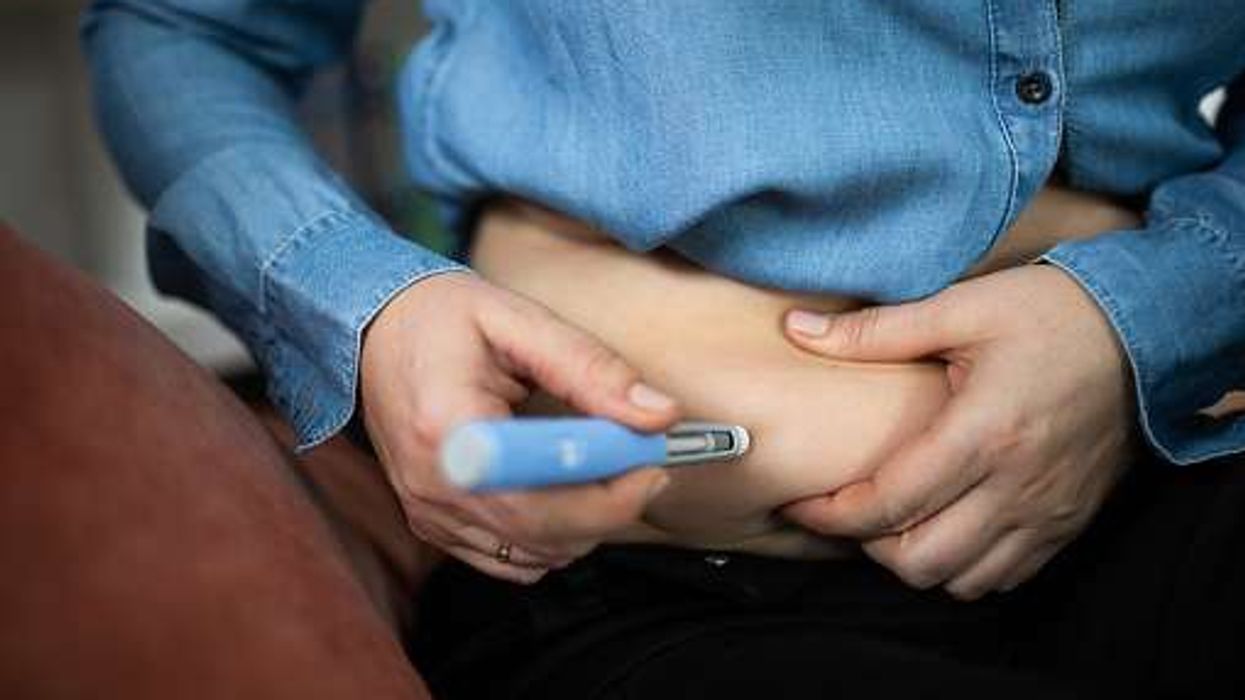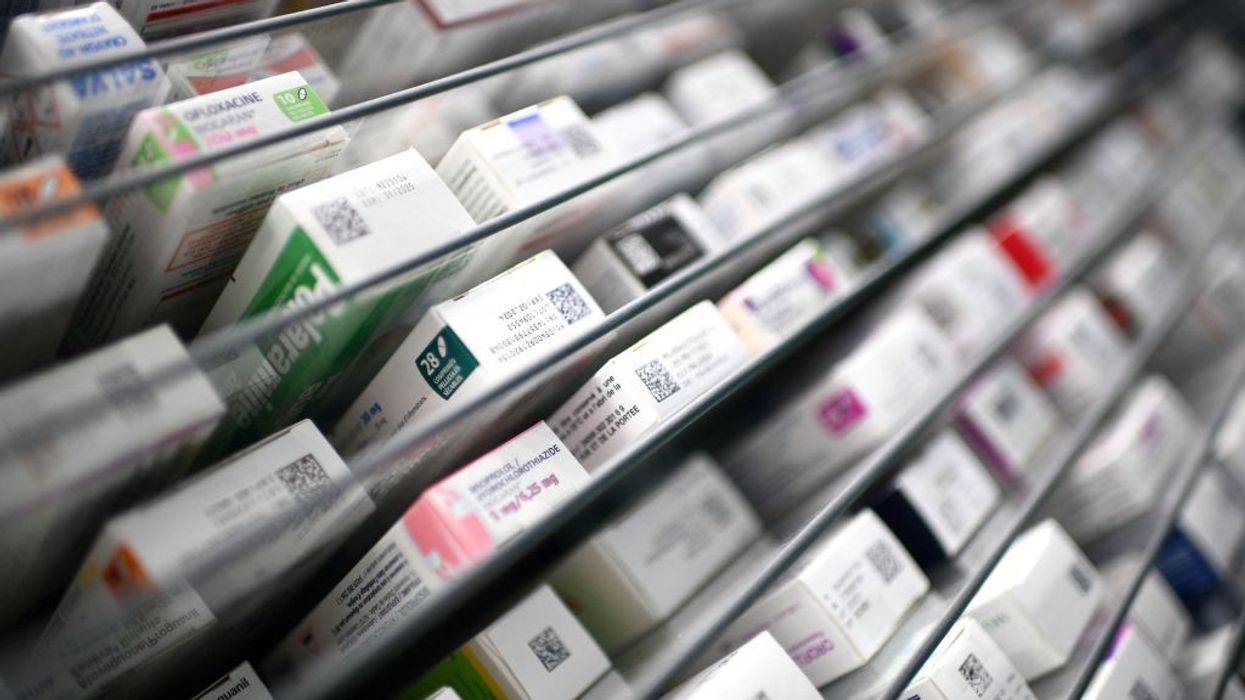US president Donald Trump signed an executive order on Monday that aims to reduce the time it takes to approve pharmaceutical plants in the country, as part of new regulations to encourage domestic manufacturing.
The order directs the US Food and Drug Administration to streamline reviews and work with domestic manufacturers to provide early support before facilities come online.
It also directs the health regulator to improve enforcement of active-ingredient source reporting by foreign producers and "consider publicly displaying a list of facilities that do not comply".
FDA Commissioner Marty Makary said during the signing of the executive order that the FDA plans to start doing surprise inspections of overseas plants, a move he said would bring the oversight more in line with the United States.
The order also directs the Environmental Protection Agency to speed up the construction of facilities.
The actions are the latest by Trump to shift manufacturing of drugs to the United States.
In recent months, he has repeatedly threatened tariffs on the pharmaceutical imports, which have long been spared from trade wars due to potential harms.
Analysts and companies have estimated that a new manufacturing plant could take at least five years to build.
In a statement, the White House said that such a long timeline was "unacceptable from a national-security standpoint."
"As we invest in the future, we will permanently bring our medical supply chains back home. We will produce our medical supplies, pharmaceuticals, and treatments right here in the United States," Trump said in a statement.
Last month, the Trump administration launched probes into imports of pharmaceuticals and semiconductors as it looks to impose tariffs on both sectors on grounds that extensive reliance on foreign production of medicine and chips is a national security threat.
Although there is little clarity on the rates and timings of any sector-specific tariffs as of now, Trump said on Monday he would make an announcement in the next two weeks.
The industry could be in for a big hit if Trump goes ahead with his plans, since the US imports more than $200 billion in prescription drugs.
Last week, British pharmaceutical giant AstraZeneca announced that it has begun moving some of its European production to the United States, ahead of Trump's possible tariffs on the sector.
"Our company is firmly committed to investing and growing in the US," chief executive Pascal Soriot said in an earnings statement, which also reported that first-quarter profit rose by over 30 per cent to $2.92 billion.
AstraZeneca could become exposed to US levies on its European-made products but Soriot stressed that the impact would be limited due to the ongoing shift in production.
"The limit of the exposure we have relates to exporting products from Europe to the US," Soriot said on an earnings call.
"We are in the process of shifting the manufacturing of those products to the US," he added.
The United States is a key market for the pharmaceutical industry, and AstraZeneca had already planning to invest $3.5 billion there by the end of 2026.
Soriot said earlier in the year that he hoped the US will account for around half of AstraZeneca's global revenue by 2030.
Other pharmaceutical companies have also announced plans to increase investments in the United States.
AstraZeneca reconfirmed its outlook, saying it remains on track to achieve its target of $80 billion in annual revenue by the end of the decade.
Its first-quarter profit in 2025 benefited from strong growth in its cancer drug sales and biopharmaceuticals.
During the quarter, it generated 42 percent of its revenue in the United States, followed by 20 percent in Europe.












